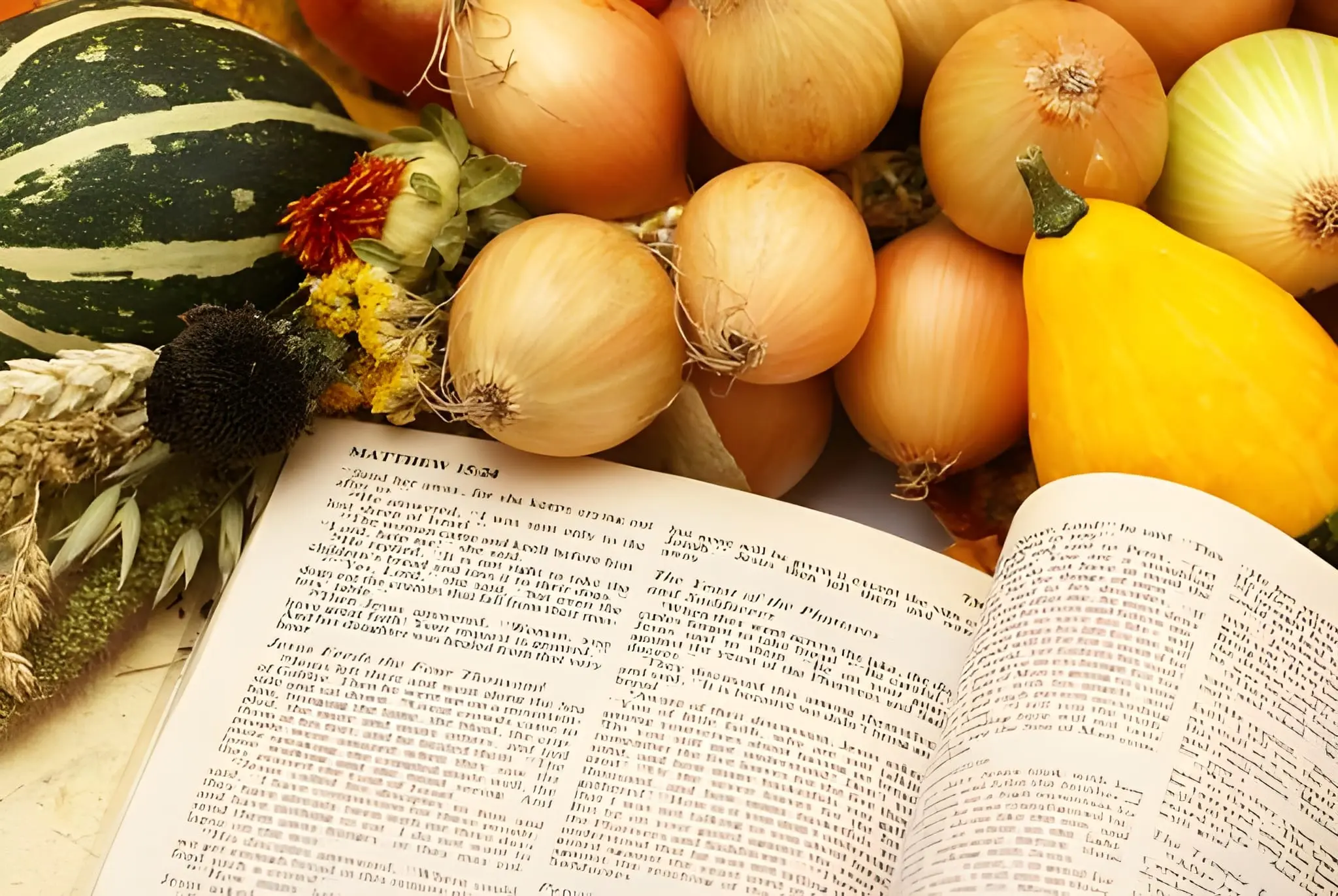Throughout history, civilizations have documented their approaches to food, health, and wellness in sacred texts, philosophical writings, and medical treatises. These records offer more than cultural insight they often reveal timeless nutritional wisdom that still resonates today. While modern science continues to evolve, many of the principles found in historical texts align with current understandings of balanced eating, mindful consumption, and the healing power of food. Here are six nutritional lessons drawn from ancient sources that continue to inspire healthier living.
Emphasize Whole, Unprocessed Foods
Many historical texts highlight the importance of eating foods in their most natural form. Ancient Greek physicians like Hippocrates advocated for simple, unadulterated meals, believing that food should be both nourishing and easy to digest. Similarly, traditional Chinese medicine emphasizes the value of fresh, seasonal ingredients prepared with care.
This preference for whole foods is echoed in modern nutrition, which recognizes the benefits of minimally processed ingredients. Whole grains, fresh fruits and vegetables, legumes, and lean proteins provide essential nutrients without the additives and preservatives found in many packaged products. Returning to these basics can support digestion, energy levels, and long-term health.
Practice Moderation and Mindful Eating
Historical texts often stress the importance of moderation not just in what we eat, but in how we eat. In Ayurvedic tradition, meals are meant to be consumed slowly, with attention to taste, texture, and satiety. Overeating is discouraged, as it is believed to disrupt the body’s natural balance and lead to sluggishness or illness.
This concept aligns with today’s understanding of mindful eating, which encourages individuals to tune into hunger cues, savor each bite, and avoid distractions during meals. By eating with intention and awareness, we’re more likely to make healthier choices and avoid the discomfort that comes from overindulgence.
Recognize the Role of Food in Healing
Ancient medical systems consistently viewed food as a form of medicine. In traditional Chinese medicine, specific foods are used to balance the body’s energy and treat ailments. Similarly, Hippocrates famously stated, “Let food be thy medicine and medicine be thy food,” emphasizing the therapeutic potential of diet.
Modern research supports this idea, showing that certain foods can reduce inflammation, support immune function, and even help manage chronic conditions. Leafy greens, berries, fatty fish, and fermented foods are just a few examples of ingredients with well-documented health benefits. Historical texts remind us that what we eat can either support or hinder our body’s ability to heal.
Value Simplicity and Seasonal Eating
Many ancient cultures based their diets on what was locally available and in season. This approach not only ensured freshness but also aligned with the body’s changing needs throughout the year. For instance, lighter foods like fruits and greens were favored in warmer months, while heartier grains and root vegetables were consumed in colder seasons.
This seasonal rhythm is still relevant today. Eating seasonally can improve nutrient intake, reduce environmental impact, and enhance flavor. It also encourages variety, which is key to a balanced diet. Historical texts show us that simplicity and seasonality are not limitations they’re guiding principles for nourishment.
Understand the Spiritual Connection to Food
In many traditions, food is more than sustenance it’s a sacred act. Meals are often accompanied by rituals, blessings, or expressions of gratitude. This spiritual connection fosters a deeper appreciation for the food we consume and the effort involved in its preparation.
The bible diet, for example, emphasizes clean eating based on scriptural guidelines, including the consumption of fruits, vegetables, grains, and clean meats. It reflects a holistic view of health that encompasses physical, emotional, and spiritual well-being. Whether or not one follows a religious framework, the underlying message is clear: food is a gift, and how we engage with it matters.
Prioritize Balance Over Extremes
Historical texts rarely promote extreme dietary restrictions. Instead, they advocate for balance between different food groups, between indulgence and restraint, and between nourishment and enjoyment. In Ayurveda, this balance is achieved through the concept of doshas, while in traditional European medicine, it’s framed through the balance of humors.
Today, nutritionists echo this sentiment, warning against fad diets that eliminate entire food groups or promote unsustainable habits. A balanced approach that includes a variety of nutrients, honors individual needs, and allows for occasional indulgence is more likely to support long-term health and satisfaction.
Conclusion
The wisdom found in historical texts offers valuable guidance for modern nutrition. From emphasizing whole foods and seasonal eating to recognizing the healing power of diet and the importance of balance, these lessons remind us that healthy eating is both an art and a practice. By drawing from the past and applying these principles with intention, we can cultivate a more thoughtful, nourishing relationship with food one that supports both body and spirit.
Also Read-Top Memorial Quotes for Celebrating Life and Legacy








